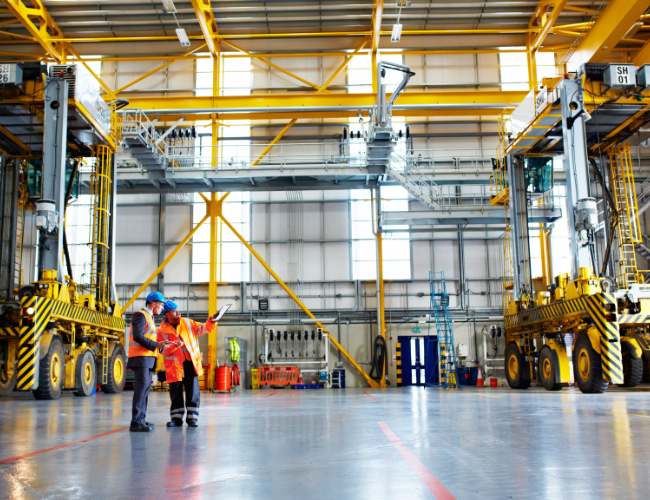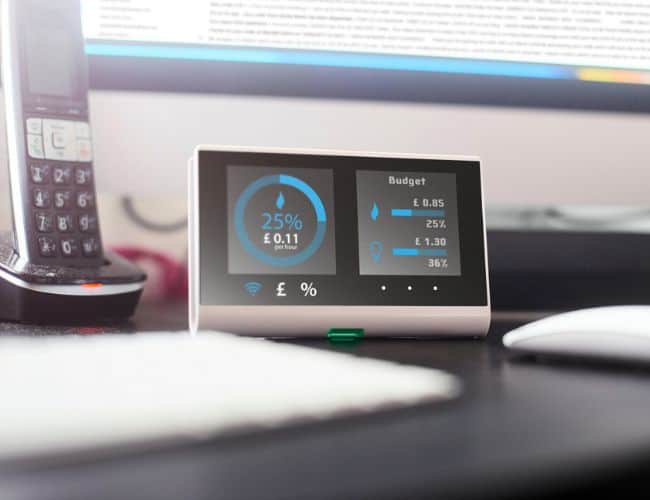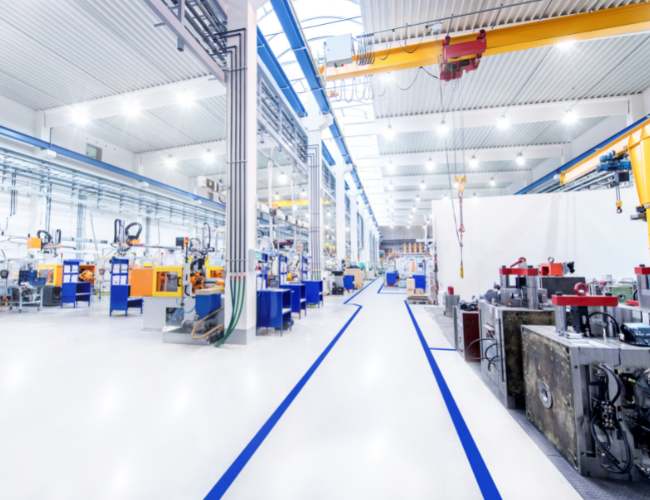Achieving Net Zero
How We Can Help
Smart building technology enables you to create net zero buildings that are also user-friendly, adaptable, and resilient. You can optimize energy use, generate clean power, and enhance comfort and performance.
We have the experience and the tools to help you achieve net zero. We have worked with many clients to create net zero buildings that suit their needs and goals. We can share our insights and best practices with you.
Ready to start your net zero journey? Contact us today and let’s build a better future together.
Begin with an Energy Audit
If you are retrofitting an existing building, before you start specifying and designing the technology for your building, it is important to conduct an energy audit to understand the current energy consumption and identify opportunities for improvement. This will give you a baseline of the building’s energy consumption and help you determine the most effective strategies for reducing energy usage. If this is a new build, look at comparable buildings – what’s the typical energy use for a similar building?
We’ve been helping businesses begin their net zero journey with an Energy Performance Certificate audit. Our audits provide a comprehensive understanding of energy consumption and offer a roadmap for cost savings and enhanced operational efficiency.

Invest in Energy Efficient Technologies
Energy efficiency is a key component of any net zero building. Investing in energy-efficient technologies, such as LED lighting and lighting control; variable speed drives, and high-efficiency HVAC systems, can reduce energy consumption and lower costs.
The challenge is knowing which technology is going to give you the best return for your client’s investment. Also, it’s worth noting that you’ll want these technologies to work together, for example, occupancy sensors that detect the presence of people in a room and automatically adjust lighting and HVAC systems based on occupancy, reducing energy consumption when the room is unoccupied.
This is where an experienced master systems integrator can help, particularly if they have experience in energy monitoring and management. They’ll be able to guide you through the technologies that will meet your project’s specification requirements.

Choose the Right Building Management System
A building management system (BMS) is the backbone of any smart building. It integrates and manages the various building systems, such as HVAC, lighting, security, and fire protection. When choosing a BMS, consider its ability to integrate with different building systems, its ease of use, and its scalability to accommodate future growth.
Additionally, consider if you want an open or proprietary system. Open systems provide more flexibility and allow for greater integration with third-party products, while proprietary systems are often easier to manage and provide more control over the system’s architecture.

Design for Flexibility and Adaptability
Net zero buildings require careful design and planning, and it is important to design for flexibility and adaptability. This means choosing technologies and systems that can be easily upgraded and integrated with future innovations. Additionally, consider using standard protocols, such as BACnet and KNX, for building automation, which will allow for greater compatibility and integration with future technologies.

Partner with a Master Systems Integrator
A master systems integrator (MSI) can be a valuable partner in achieving net zero using smart building technologies. An MSI can help you design and implement a building automation systems, integrate different building controls, and provide ongoing support and maintenance services. When choosing an MSI, consider their expertise, experience, and technical capabilities, as well as their communication and collaboration skills.
Find out more about how we’ve helped organisations on their journey to net zero by visiting our case studies.





